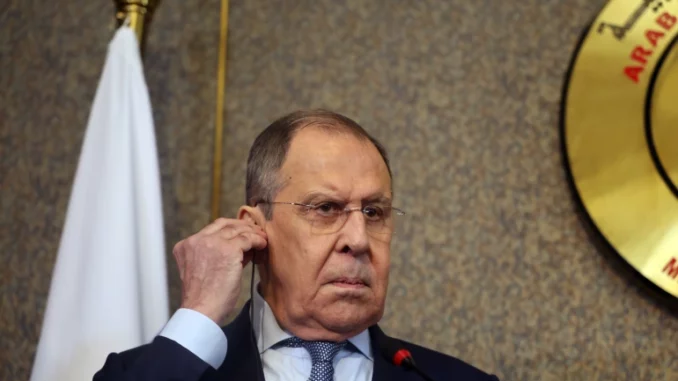
Russia has intensified its diplomatic and economic engagement with Africa, offering comprehensive support across multiple sectors while positioning itself as an alternative to traditional Western partnerships. This strategic outreach, announced at a summit in Sochi, encompasses assistance in counter-terrorism, development programs, and technological cooperation.
Several African nations, particularly former French colonies, have demonstrated increasing receptivity to Russian involvement. Countries including Burkina Faso and Mali have explicitly favored Russian partnerships over historical Western alliances, citing Moscow’s non-interventionist approach to internal affairs.
Russian influence extends beyond military cooperation to include energy development, with multiple African nations signing nuclear power agreements. Rwanda exemplifies this diversification, maintaining Western ties while pursuing Russian nuclear expertise and educational partnerships.
Despite falling short of earlier trade expansion goals, Russia has significantly enhanced its continental presence through strategic resource agreements and security arrangements. The rebranded Africa Corps, formerly Wagner Group, has established operations in several nations, though achieving mixed results in counter-terrorism efforts.
European diplomatic representatives acknowledge Russia’s historical African connections and the region’s increasingly diverse international partnerships. This evolving landscape reflects African nations’ pragmatic approach to international relations, seeking varied partnerships while managing complex regional challenges and development needs.
The shift represents a significant realignment in Africa’s international relationships, though some observers note that practical outcomes, particularly in security arrangements, have not always matched strategic promises.
